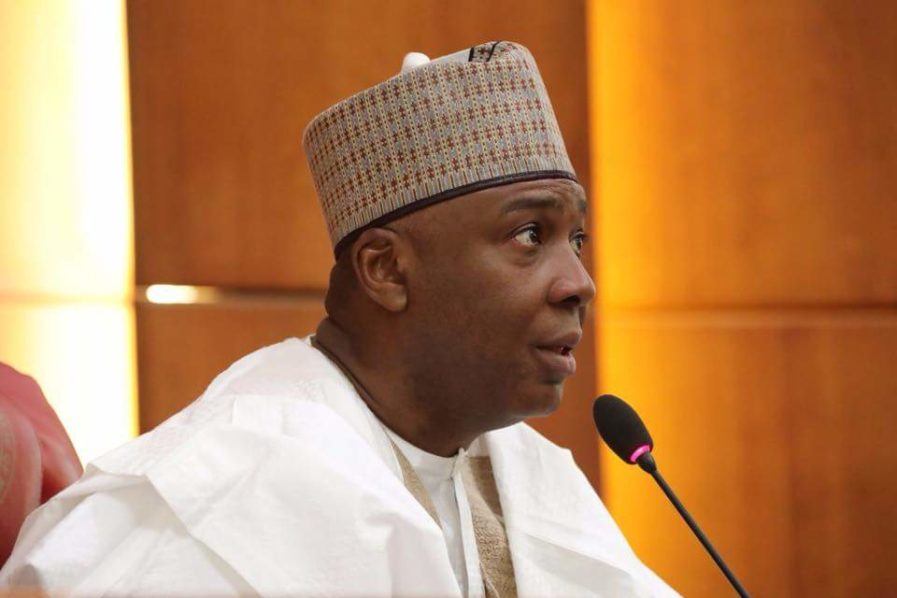 |
| Senate President, Dr. Bukola Saraki |
A five-man panel of the apex court led by Justice Dattijo Muhammad fixed the date for judgment after parties to the case adopted their appeal briefs on Thursday.
The court is to rule on whether or not there is sufficient evidence for the trial before the CCT to continue.
The Danladi Umar-led CCT had, in June last 2017, terminated the trial upon an application by Saraki.
The CCT’s decision was based on the grounds that the prosecution, with its four witnesses and 49 tendered exhibits, failed to lead any credible evidence linking Saraki to the 18 counts preferred against him.
The 18 counts bordered on Saraki’s alleged false assets declaration and other breaches of the code of conduct for public officers.
The tribunal had ruled that in the absence of any credible evidence to support the charges, there was no basis to call upon the Senate President to enter his defence.
However, the Court of Appeal in Abuja ruling on December 12, 2017, in an appeal filed by the Federal Government against the decision of the CCT, restored three out of the dismissed 18 counts and ordered Saraki to return to the CCT to defend the three charges.
But both Saraki and the Federal Government were dissatisfied with separate parts of the Court of Appeal’s judgment.
While Saraki had appealed to the Supreme Court against the part of the Court of Appeal’s decision restoring three of the 18 counts, the Federal Government had cross-appealed against the part of the decision affirming the tribunal’s dismissal of the rest of the 15 counts.
At the hearing of Saraki’s appeal and the Federal Government’s cross-appeal on Thursday, the lawyers representing both sides argued against each other’s appeals and in support of their individual cases.
In this article:
